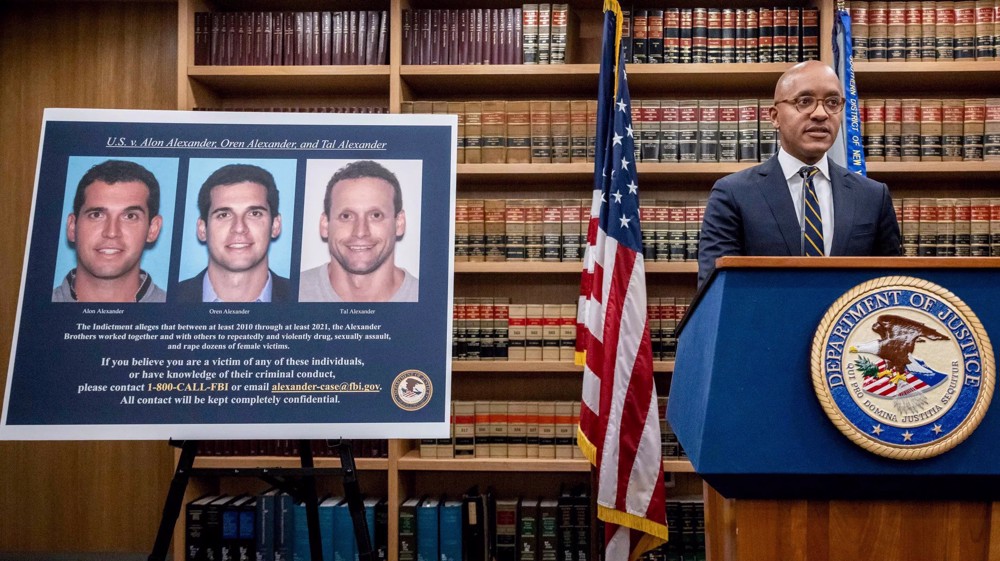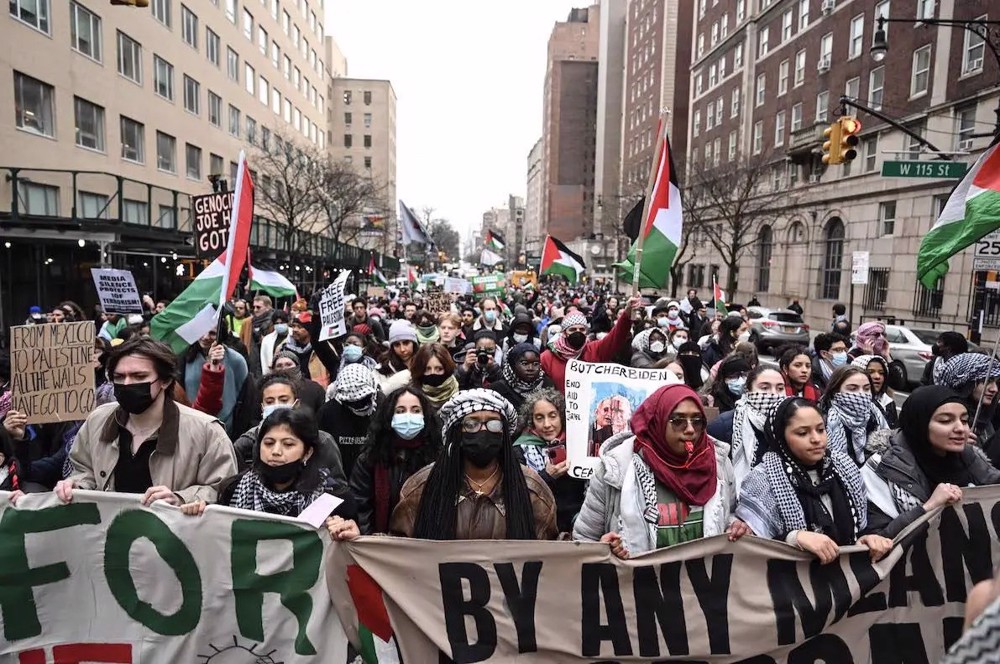Anti-refugee feelings soar in US after election: Report
Anti-immigration sentiments have soared in the US following the recent election victory of Donald Trump, who made tightening of borders a main pledge of his campaign.
State lawmakers in Montana, for instance, have submitted about a dozen bill requests in regards to refugees, immigration and terrorism for their next month session, the Associated Press reported Sunday.
Anti-immigration views in the state have been so strong that authorities only accepted nine refugee families from January to early December.
This is while under an initiative by the administration of President Barack Obama, the states were told to take in as much as 10,000 Syrian refugees this year, a goal that was reportedly achieved in August.
According to the American Civil Liberties Union (ACLU), the measures reflect the heavily racist theme of the November 8 election.
“It’s pretty widely known that this is going to be a hard year for those of us who are seeking to protect the rights of refugees and immigrants,” said S.K. Rossi, ACLU’s advocacy and policy director in Montana.
During his campaign run, Trump pledged to build a wall on the border with Mexico and deport millions of undocumented immigrants.
Trump also showed strong opposition to Obama’s refugee policies, accusing him of providing terrorists with an easy path to the US.
The New York businessman stirred more division after he proposed a ban on all Muslims entering the US.
Trump’s anti-refugee rhetoric was picked up by congressional candidates, with Montana Representative Ryan Zinke warning about the possibility of child terrorists slipping into America.
Some conservative lawmakers in Montana are trying to give cities and towns a larger voice in the refugee resettlement programs.
“We need to get serious,” Nancy Ballance, a Republican state representative from Ravalli County, said.
She said that people in her small town were worried about the government’s plans to resettle 150 more refugees there.
The city’s officials argue that accepting refugees may threaten their already limited jobs and housing options.
“Filing this and making it a public conversation automatically undermines the refugee process,” said ACLU’s Rossi. “They can’t legally undermine the process, but they can socially undermine the process.”
Iran’s economy grew 2.7% y/y in Sep quarter: CBI
VIDEO | Freelancers in Gaza strive to stay online amid genocide
Mikati demands Israel's withdrawal from south Lebanon
Yemeni army strikes Israeli military sites with drones
‘Clock ticking’: UNRWA slams unjustifiable killing of children in Gaza
BP to be sued in Britain for supplying oil to Israel
VIDEO | Press TV's news headlines
Israeli strikes on north Gaza hospital ‘extremely dangerous, terrifying’: Director










 This makes it easy to access the Press TV website
This makes it easy to access the Press TV website